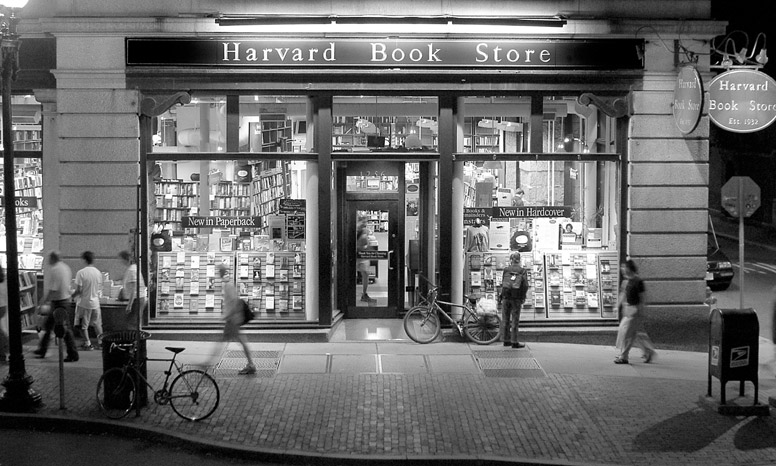 The Palace of Illusions: A Novel
The Palace of Illusions: A Novel by
Chitra Banerjee Divakaruni
My rating:
4 of 5 stars
I found this book in one of the last Borders bookstores and it was on sale for only five dollars!I bought this book and '
The Grand Design' together last January, but I haven't read the latter yet.
One of my biggest fascination with the story of Mahabharata is because of a lesser known twist to the tale and so I was absolutely thrilled that 'The Palace of Illusions' promised to talk about it.
'The Palace of Illusions' refers to the ephemeral palatial home of the Pandavas from whose balcony, Draupadi mocks the 'villain' Duryodhana and sets into motion the cascade of events culminating in the great War at Kurukshetra.
Draupadi, the enigmatic heroine in Mahabharata and her brother Drupad, were children born out of a sacrificial offering performed by King Drupad. He burned with anger at being humiliated by Guru Drona, who was the official teacher of the princes of Hastinapura and prayed for a son who'd avenge him. In addition to the son he desired, the gods bestow upon him a beautiful daughter as well.
Draupadi, in a previous birth, greedily prays to Lord Shiva for a husband who would be just, skilled, strong, handsome and gentle(who can blame her for wanting everything?). But God, being who He is, pulls a fast one on her. In her next birth (as Draupadi), she ends up being married to five brothers, each of who embodies one of the traits mentioned above.
The original Mahabharata, narrated by Sage Vyasa, only glosses over the travails of the hapless princess who must share her conjugal life with five husbands. In Banerjee's book, Draupadi gets a voice of her own.
And with her voice, spill her secrets.
Banerjee takes a few liberties with the story. With Draupadi at the forefront, her husbands, the Pandavas are reduced to the background as mere props, except at the end, where she allows Bhima a somewhat three dimensional character. Banerjee's description of her as a child-woman needing her 'Dhai Ma' at the beginning of the story was a little confusing to me. Technically she should have appeared as a full-grown woman in the sacrificial fire, considering her father had already been humiliated by the Pandavas before she was 'born'.
I absolutely loved the relationship portrayed between her and Karna (my most favorite character in the epic). Who can resist a tall, dark, brooding hero? But my subsequent read, '
Mrityunjaya, The Death Conqueror: The Story Of Karna', in which Karna is portrayed as ever faithful and ever loving to his wife Vrishali, left me very conflicted. There is an anecdote which tells the story of how Krishna reveals to Draupadi that she would have been better off if she had not rejected Karna at her Swayamvara, because he alone had all five qualities that she desired for in her husband. Considering the fact that it was he who initially prevented her from marrying Karna, this must have been a big *facepalm* moment for Draupadi. Of course, all of these stories are just wishful writing by the authors, but I sure love the theories!
Another change from the original is the fact that Banerjee writes about Draupadi witnessing the War like Sanjay(i.e. with the minds eye) but the War itself is relegated to just a few pages. There was so much potential here!
In all, the book is a lovely short read, but by no means a literary classic. I liked Banerjee's writing and wish she would have written a much more comprehensive book rather than just protraying one of the bravest (and notably arrogant) heroines in Hindu mythology as a mere whimsical woman.
View all my reviews








